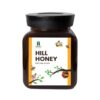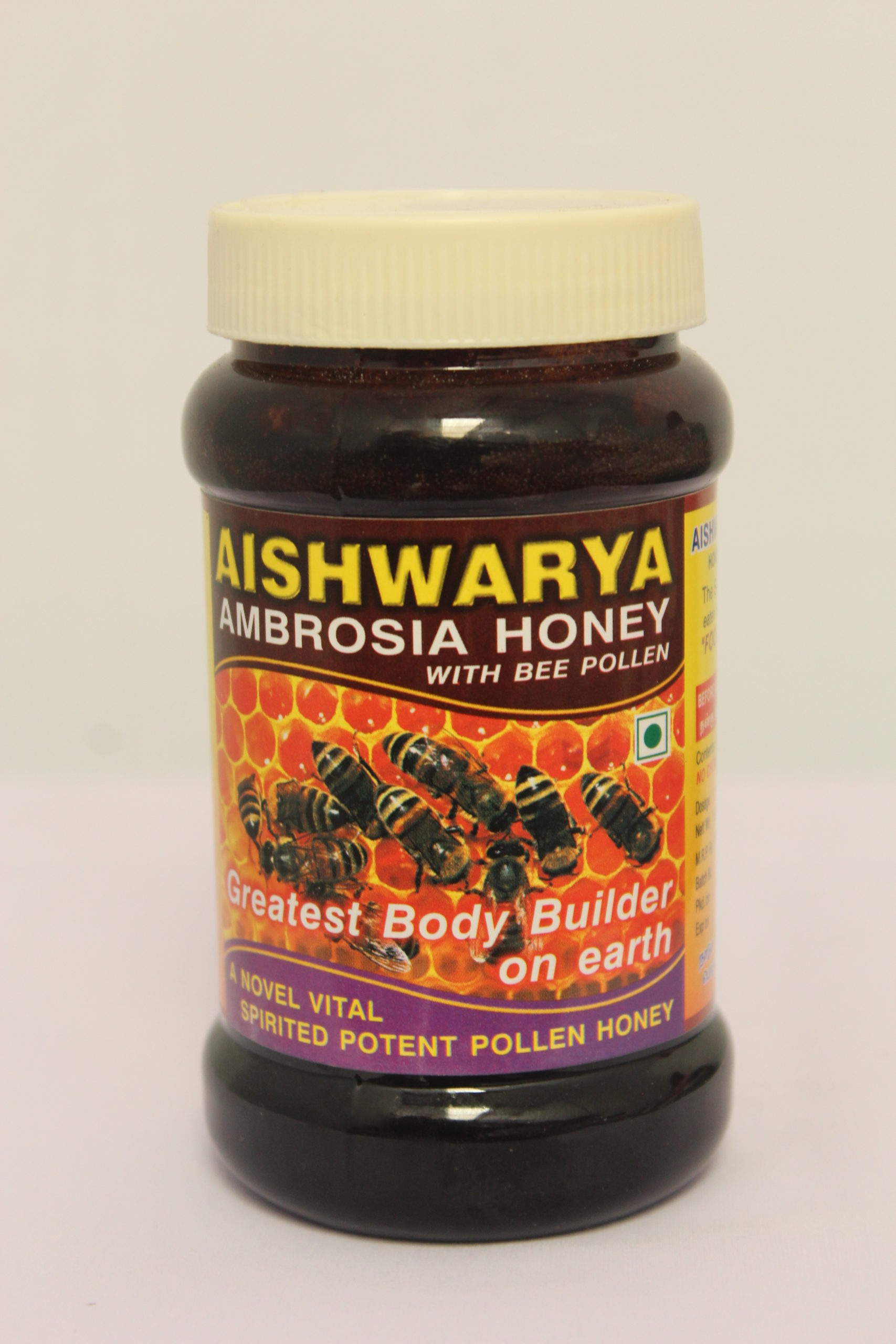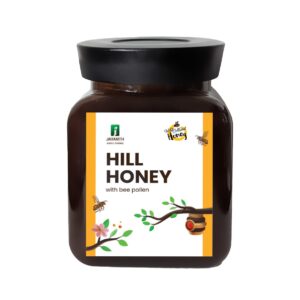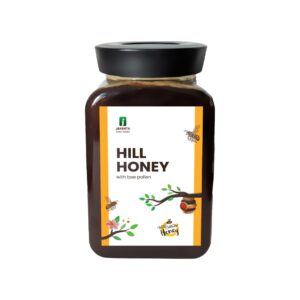Aishwarya Bee pollen with honey
Chemical Analysis
Honeybee pollen and raw honey are the only food on earth containing all 22 nutrients
“Needed by mankind for complete and perfect health”.
Vitamins:
Provitamin A (carotenoids) 5-9 mg %
Vitamin B1 (thiamine) 9.2 micrograms %
Vitamin B2 (riboflavin)
Vitamin B3 (Niacin)
Vitamin B5 (panothenic acid)
Vitamin B6 (pyridoxine) 5 micrograms %
Vitamin B12 (cyamoco balamin)
Vitamin C (ascorbic acid)
Vitamin D – Vitamin E
Vitamin H (biotin)
Vitamin K. Choline. Inositol
Folic Acid, 5 micrograms %
Pantothenic acid 20-50 micrograms/gram
Rutin. 16 milligrams %
Rutin in beehive pollen 13%
Vitamin PP (nicotinicamide)
Minerals:
Calcium. 1 – 15% of ash
Phosphorus 1-20% of ash
Iron, 1-12% of ash
0.01-1.3% of fresh pollen
0.6-7.1 mg % of air dried
Copper 05-08% of ash
1.1-2.1 mg % of fresh
Potassium, 20-45% of ash
Magnesium, 1-12% of ash
Manganese, 1.4% of ash, 0.75 mg %
Silica, 2-10% of ash
Sulphur, 1% of ash
Sodium – Titanium-Zinc
Iodine – Chlorine
Boron-Molydbenum
Fatty Acids (Conifer Pollen)
Total list identified are:
Caproic (C-6) – Caprylic (C-8)
Capric (C-10) – Lauric (C-12)
Myristic (C-14) – Palmitic (C-16)
Palmitoleic (C-15) one double bond
Uncowa – Stearic (C-18)
Oleic (C-18) one double bond
Linoleic (C-18) two double bonds
Arachidic (C-20) – Stearic (C-22)
Limolenic (C-18 three double bonds)
Eicosanoic (C-20 one double bond)
Brucic (C-22 one double bond)
Pseudotduga dry pollen contains
0.76-0.89 % fatty acid. Major are:
Oleic, Palmitic, Linoleic,
Pinus dry pollen contains:
125-1.33% fatty acid based on
dry weight of pollen, major are:
Linolenic, Oleic – Stearic.
Enzymes & Co-enzymes:
Disstase
Phosphatase
Amylase
Cataiase
Saccharase
Diaphorase
Pectase
Cozymase
Cytochrome systems
Lactic dehydrogenase
Succinic dehydrogenase
Rs.4,499.00
CompareDescription
Health Benefits Of Bee Pollen:
It’s been suggested – and accepted by most doctors and nutritionists – that 35 grams of bee pollen daily contains all the nutrients needed by the human body to sustain life. Because bee pollen contains EVERY KNOWN NUTRIENT that your body needs, it’s a highly recommended health supplement to “fill in the cracks” when your diet sometimes falls short of ideal. In fact, bee pollen supplements are often used to bolster nutrition in famine-stricken areas.
Besides the obvious, though, there are specific health benefits of bee pollen.
- Bee pollen benefits your immune system. Bee pollen contains proteins, mono and polyunsaturated fats, vitamins B, C, D, E, and beta-carotene, calcium, magnesium, selenium, nucleic acids, lecithin, and cysteine, all of which have been proven effective in strengthening the immune system.
- Bee pollen helps build resistance to allergies. Because bee pollen contains traces of the substances that can trigger allergic hay fever, some allergists prescribe it to help lower sensitivity to local plant pollens.
- Bee pollen helps you to cope more easily with stress. Because it has a full complement of amino acids, essential fatty acids and vitamins that help regulate mood, taking bee pollen supplements can help you control the stress in your life.
- Athletes have used bee pollen for centuries to help them increase their energy and endurance. While studies have yet to bear this out, it makes logical sense that the long-term effects of using a bee pollen supplement are extremely beneficial to athletes. Considering the full spectrum of nutrients that bee pollen provides, it only makes sense that long-term bee pollen supplements would help athletes – who deplete their bodies of necessary nutrients on a regular basis.
- · Bee pollen is sometimes called ‘”the perfect food'”. Bee pollen benefits stem from the fact
- · “Purest Bee Pollen On The Planet” that it contains more than 96 different nutrients, including every single nutrient that is needed to sustain human life. It is made up of 40% protein, nearly all of it usable by the body without any further breakdown or metabolism.
- The health benefits of bee pollen have been known for thousands of years. It was a mainstay of traditional Chinese herbal medicine, a discipline that is gaining a great deal of respect among western doctors recently.
- · Bee pollen combines 22 amino acids, vitamin C , B-complex and folic acid, polyunsaturated fatty acids, enzymes, and carotene – all of the major antioxidants that have so far been discovered.
In addition, bee pollen benefits your body with a number of vital trace elements that it can’t manufacture, but needs in order to stay healthy. Those trace elements include iron, zinc, manganese, copper, calcium, magnesium, and potassium – all minerals that have proven health benefits.
Additional information
| Weight | 0.5 kg |
|---|






Reviews
There are no reviews yet.